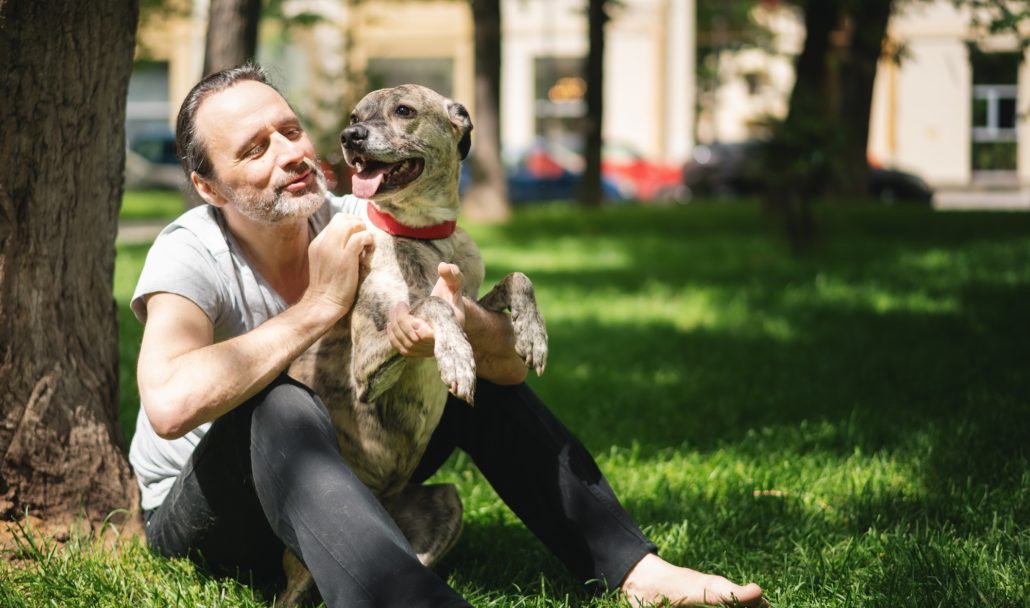3961 Hastings Street
Burnaby, BC V5C 2H8
604 291 6666
Client Support
Mon - Thu: 8AM - 6PM | Fri: 7AM - 5PM
Online store always open
Burnaby, BC V5C 2H8
Client Support
Online store always open

Senior dog care is different than the care given to younger pups and puppies. The emphasis is on protective dog care; i.e. watching for any signs of age-related illnesses and managing any accompanying pain.
The physical changes brought about by aging require careful monitoring to ensure that your elderly pet receives optimal care when they need it. At Hastings Veterinary Hospital, we will help you provide the special treatment that your best friend requires as they live out their golden years.
Aging does vary by breed, and small breeds generally live longer than large breeds. A small dog isn’t considered elderly until eight to nine years; a large dog is usually considered a senior at five to seven years old. Your veterinarian can help you make a more accurate estimate of your pet’s age if they are a rescue.
You can expect a senior dog to gradually become slower and weaker. Their sense of sight, smell, taste, and hearing may also decrease in strength. They will also take longer to recover from an illness or an injury, which is why it is important to watch for problems and begin treatment as soon as you detect any trouble.
It is very important that your senior dog is given an annual check-up to look for early signs of illness. And of course they should be brought to a veterinary hospital any time you suspect they are in pain or have developed any kind of health issue.
Our veterinarian will conduct a full physical examination of your senior dog, possibly making note of and discussing common geriatric ailments, including:
We will advise you if your dog’s problems can be helped by a change in diet, or the administration of supplements and other medications to help ease arthritis or other age-related issues.
Our doctors, depending on your pet and their health, may also recommend some additional testing or treatments:
To learn more about senior dog care, visit our clinic and discuss any symptoms that you have noticed in your pet. We want to make your dog’s golden years with you happy and enjoyable. Visit us at: Unit 102 at 3961 Hastings Street, Burnaby, BC, V5C 2H8; or phone: 604‐291‐6666.
From puppy to senior care, explore all the other dog-related pages that we created for you!
Sign up for our newsletter to receive the best tips, articles and other resources for your pet’s health.
08:00 AM - 6:00 PM
08:00 AM - 6:00 PM
08:00 AM - 6:00 PM
08:00 AM - 6:00 PM
07:00 AM - 5:00 PM
We are closed